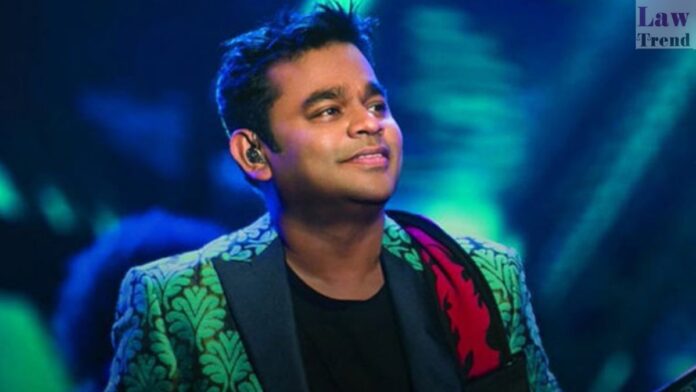The Delhi High Court on Wednesday allowed A.R. Rahman’s appeal and set aside a single-judge ruling that had held his Ponniyin Selvan 2 track “Veera Raja Veera” to be identical to “Shiva Stuti,” attributed to the junior Dagar brothers, Ustad Nasir Zahiruddin Dagar and Ustad Nasir Faiyazuddin Dagar.
A Division Bench of Justices C Hari Shankar and Om Prakash Shukla held that the single judge (Justice Prathiba M Singh) erred in presuming authorship from performance. “If we hold that the person who renders the composition is the composer, we would have to rewrite the definition of ‘composer’ in the Copyright Act,” the Bench said, clarifying that rendition cannot, by itself, establish authorship. On this threshold ground, the Bench allowed the appeal without entering the infringement analysis. A detailed judgment is awaited.
On April 25, the single judge—while ruling on a copyright suit filed by vocalist Ustad Faiyaz Wasifuddin Dagar—had concluded that the “core” of “Veera Raja Veera” was “identical” in swaras (notes), bhava (emotion) and aural impact to “Shiva Stuti,” and directed:
- Correction of song credits to acknowledge “Composition based on ‘Shiva Stuti’ by Late Ustad Nasir Faiyazuddin Dagar and Late Ustad Nasir Zahiruddin Dagar,” and
- Payment of ₹2 lakh as damages by Rahman and Madras Talkies.
The judge had also observed that original compositions in Hindustani classical music are protectable under the Copyright Act.
Rahman argued that the order conflated “performance” with “authorship/ownership,” that there was no proof the junior Dagar brothers composed the piece merely because they rendered it, and that similarities can arise from the structural imperatives of a raga.
With the appellate court setting aside the single-judge order on the authorship presumption, the directions on credit correction and damages do not survive, unless restored by a further order. The court’s detailed reasons, which may clarify the scope of authorship and protectable elements in classical compositions, are awaited.




